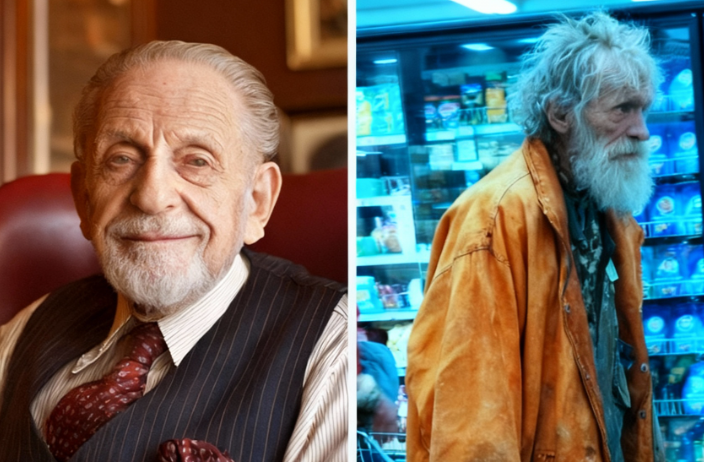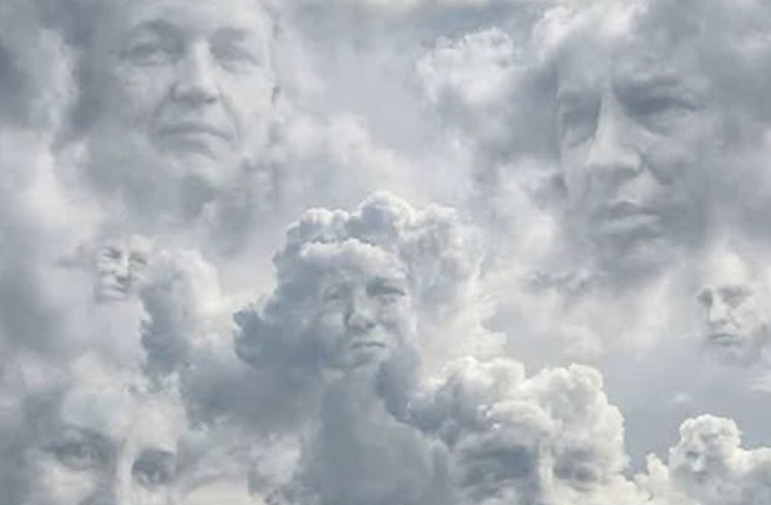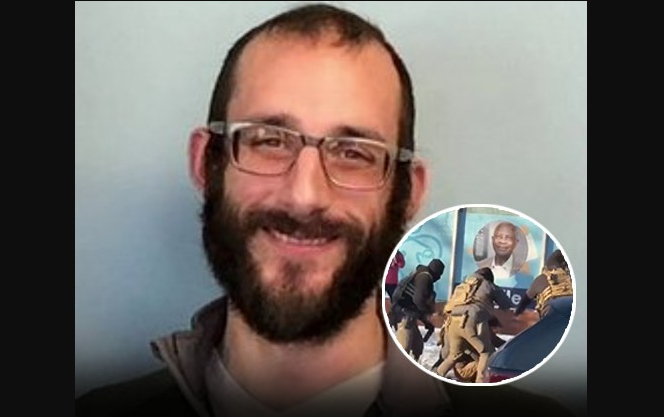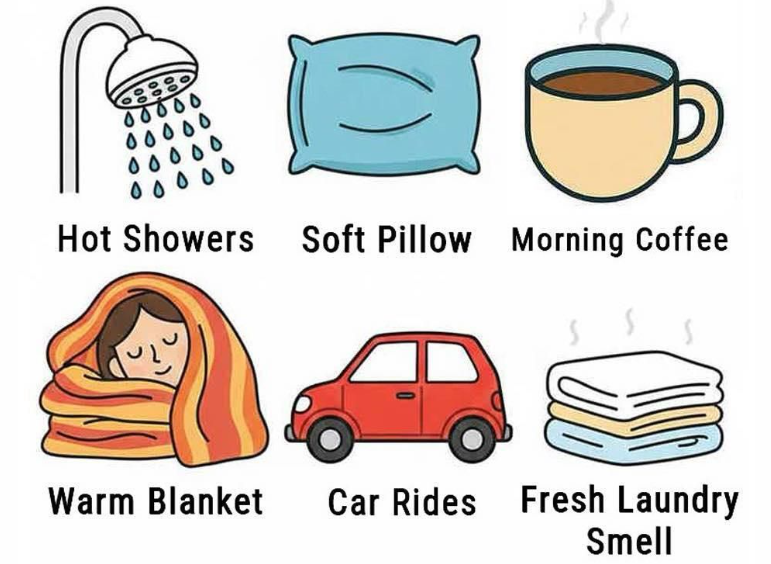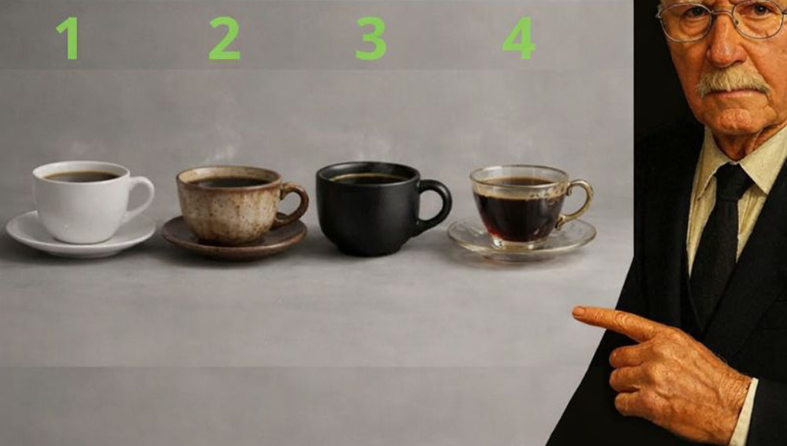At the age of ninety, I arrived at a place in life where vast wealth, high status, and decades of achievements faded in importance compared to one profound reality: the way individuals treat others when nobody watches. On a calm autumn morning, I decided to dress myself in worn-out clothes, let my beard grow wild, and enter the flagship supermarket of the chain I had built from nothing over seventy years. My only purpose was to observe which hearts in that building still remembered basic human kindness toward someone who appeared to have lost everything. I braced myself for cold looks and hurried steps away from me, yet what unfolded among those familiar aisles moved me deeply—sometimes to tears, sometimes to anger, and ultimately to a renewed faith in humanity.
Almost nobody recognized the founder beneath the tattered coat and the deliberate smudges of dirt on my face. Several employees exchanged quiet comments while keeping their distance. A few security guards followed me with their eyes, ready to act the moment I reached for anything without paying. Managers pretended to be busy with paperwork the instant I passed their offices. The absence of simple warmth in a company that once prided itself on caring for every customer stung more than I had imagined possible. I walked slowly between the shelves of fresh produce and bakery items that carried my personal quality standards, feeling invisible in the very empire I had created.
Then, while I stood near the deli counter trying to warm my hands in my pockets, a young administrator named Lewis approached me. He moved with quiet confidence, not suspicion. His first words were gentle: “Sir, you look like you could use something warm. Please, come with me.” He led me to the small employee break room, prepared a full meal without asking questions, poured hot coffee, and sat across the table as though we had known each other for years. He spoke to me with respect, asked my name, listened carefully when I gave a false one, and never once made me feel small. In those twenty minutes, Lewis gave me back the dignity that the rest of the store had quietly stripped away.
Word of my return without the disguise spread quickly through the building. Employees who had ignored the “homeless man” suddenly appeared at my side offering smiles and assistance. Some stammered apologies; others acted as if nothing unusual had happened the day before. Department heads scheduled urgent meetings to explain staffing decisions. Yet Lewis continued exactly as he always had—arriving early, working late, treating every customer and colleague with the same steady respect. When he finally understood who I was, his eyes filled with surprise, but his behavior never changed. His kindness had never depended on knowing my bank balance or my name on the building.
I began preparing the legal documents to name him my successor, believing I had found the one person worthy of carrying everything forward. Days before the announcement, however, an anonymous envelope arrived containing court records from twenty years earlier. Lewis had served time for a serious mistake made in his youth. The information shook me. I had spent a lifetime judging character, building trust, and here stood proof that I might have misread the most important decision of all.
I invited Lewis to my office and placed the documents in front of him. He looked at them, took a slow breath, and began to speak—not with excuses, but with honesty. He told me about the desperation that led a twenty-year-old version of himself to cross lines he could never uncross. He described the years spent rebuilding his life one careful choice at a time, determined never to hurt another person again. As he spoke, I saw not the boy who had erred, but the man who had chosen every single day since then to be better. In that conversation, a deeper truth settled over me: true character reveals itself not in never falling, but in how completely someone rises and how faithfully they walk afterward.
I rewrote my will that same week. Instead of leaving my fortune to any single individual, I established the Second Dawn Foundation, an organization devoted to offering education, training, and genuine opportunities to men and women trying to leave difficult pasts behind. I placed Lewis at its head, not in spite of his history, but because his history made him the perfect leader for such work. Today, years later, the foundation has helped thousands find their footing again, and every success story carries the quiet echo of the kindness Lewis showed a stranger on an ordinary morning.
At ninety years young, I spend my days visiting the projects we fund, watching lives transform the way mine did when one young man decided a tired old stranger still deserved a warm meal and a kind word. Wealth can build stores and skyscrapers. Status can open doors and command attention. Only kindness, freely given when no one is watching, builds something that lasts forever. Lewis taught me that lesson, and together we continue to pass it on.
